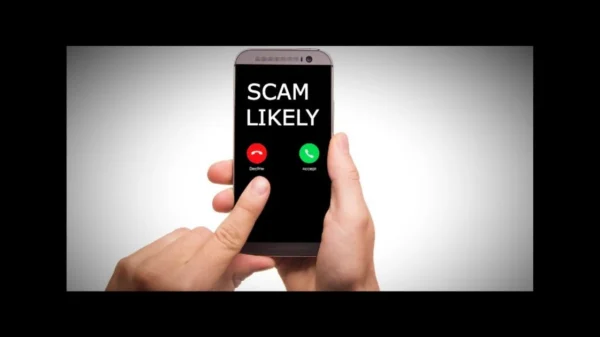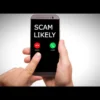Last week, Florida Attorney General Ashley Moody issued a Consumer Alert warning Floridians about new and reemerging COVID-19 test scams as Omicron variant cases increase nationwide.
With more and more people seeking tests, scammers may be exploiting this demand to steal personal, financial or medical information. There are recent reports in Florida and nationwide of potential fake COVID-19 testing sites, imposter health care workers at legitimate sites and at-home testing scams. Moody is asking Floridians to remain cautious when requesting a COVID-19 test—both at a testing site and at home.
“As we have seen throughout the pandemic, scammers change tactics as news and situations change. With the recent rise in the number of people seeking COVID-19 tests comes an increased risk that scammers will try to take advantage of the demand. Please take precautions to protect your personal information when seeking a test—whether at a legitimate site or when purchasing an at-home test,” Moody said on Thursday.
Long lines at in-person testing sites have caused many Floridians to seek the convenience of at-home COVID-19 tests and testing services. Before purchasing one of these tests or providing personal information to companies offering at-home testing services, particularly online, follow these steps to verify the legitimacy of the product:
Only purchase products from a well-established, legitimate store or website;
Search online for the brand name of the test and any complaints;
Beware of private companies that offer free or reduced cost at-home testing services, particularly if those companies require private information to make an appointment; and
Watch out for private companies that require personal information to sign up for an at-home testing service but will not guarantee an appointment time.
In addition to at-home test scams, there have been recent reports of suspicious COVID-19 testing sites popping up in Illinois. The sites appear legitimate but are designed to steal personal information from unsuspecting test seekers.
Signs of illegitimate, pop-up testing sites include:
Having no affiliation with local medical providers or government entities;





















